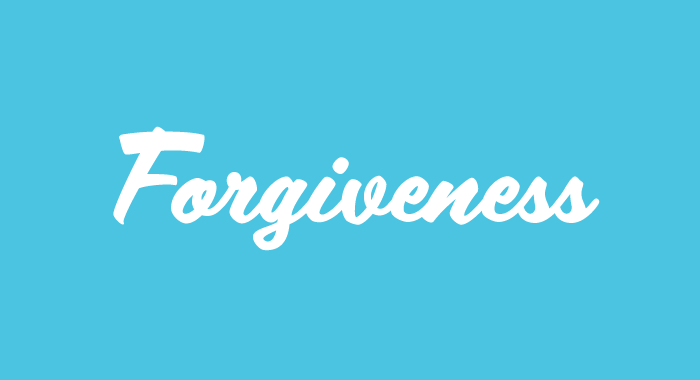Many young professionals struggle to make student loan payments month after month. After all, debt management isn’t always easy; especially when you’re just starting out in your career. But there’s something that can help – student loan forgiveness programs.
Student loan forgiveness refers to a number of different options dedicated to helping certain people remove some or all of the debt of their student loans. If you qualify, these debt management programs can help you pay back your student loans sooner, or even erase the debt of school altogether. Curious to see if you quality for student loan forgiveness? Here are a few of the most common ways that you might be able to have your student loans forgiven.
Public Service Loan Forgiveness (PSLF)
If you are working full time (30 hours or more) for an eligible employer, you may be able to use Public Service Loan Forgiveness (PSLF) to have a portion of your qualified federal student loan(s) forgiven. Most people associate PSLF with jobs like teaching and nursing. However, your job title doesn’t determine whether or not you qualify your employer does. Examples of eligible employers would be a government organization, AmeriCorps, Peace Corps, or most non-profit organizations, just to name a few.
PSLF can completely erase the remaining federal student loan balances of borrowers who meet certain requirements. The first requirement is that your loan(s) must be made through the Federal Direct Loan (DL) program to be eligible. However, you can consolidate Federal Family Education Loan Program (FFELP) loans, Perkins loans, and some health professions loans into the Direct Loan program to make them eligible for PSLF as well. Additionally, you must also make 120 eligible monthly payments on your qualifying loan(s) before any portion of it is forgiven. PSLF is a fantastic option for public employees with federal student loan debt, but again, there are a number of qualifying factors, including what kind of repayment plan you’ve been using so far –so read the small print carefully before you celebrate your student loan forgiveness by going on a spending spree. If you have questions about PSLF and the criteria you must meet to apply, you can contact your student loan servicer (billing company) for additional guidance.
Income Driven Repayment (IDR)
Many federal student loan borrowers are eligible for repayment plans that base their monthly payments on their income and family size. These options are referred to as Income Driven Repayment plans. IDR, payments can be as low as $0 a month depending on your financial situation. In addition to making payments more manageable, the IDR plans also come with the possibility of forgiveness. Depending on the IDR plan you choose, the remaining balance of your federal student loan(s) can be forgiven after 20-25 years.
To find out if you might quality for an income-driven repayment plan, you can contact your student loan servicer directly. Most servicers can pre-qualify you over the phone and provide you with an estimate of your payments under IDR before you submit your application. You can also visit studentloans.gov to see which IDR plans you qualify for, receive an estimate, and complete the online application. Various calculators are available online to help you figure out your discretionary income and compare it to your student loan debt; in order to assess what kind of plan you could be eligible for. Do keep in mind that while an income-driven repayment plan might reduce or eliminate your loan payments for a specified amount of time; any amount forgiven is considered taxable income– so talk to an expert before you commit to anything.
You’re Entering into a Particular Field
Some employers will support you to pay back your student loans more quickly, which can be a good option for debt management after graduation. The army, for example, offers repayment help to people who are on active duty with the military. A variety of programs are available, depending on your army role and how long you’ve been serving. Healthcare professionals on duty with the army are also eligible for their own college loan repayment program.
Outside of the army, the Department of Justice offers its own student loan forgiveness program to selected new attorneys who agree to serve for three years. Selections for 2018 have already been made, but anyone interested in applying can check with the Department of Justice for updated application information in March 2019.
What Else Do You Need to Know?
First of all, remember that student loan forgiveness programs only apply to federal student loans; so if you’ve taken out a private loan to help cover the costs of schooling, please keep in mind that private student loans are not eligible to be forgiven under the programs listed above.
It’s also important to keep in mind that student loan forgiveness is a benefit offered by the federal government – so the decisions of lawmakers can affect which forgiveness programs are available. The Trump administration has proposed limiting or even eliminating some student loan forgiveness plans from its 2019 budget. While this likely won’t affect anyone currently on a forgiveness program, it might make it more difficult or even impossible for new applicants to join the forgiveness track – so keep up with the news if you’re planning to apply.
If you’re interested in learning more about student loan forgiveness, debt management after college or any other financial topic, check in with HUECU. You can check out FAQs online or join regular workshops and seminars to up your knowledge about all things money and put you on the best path to financial wellness.





